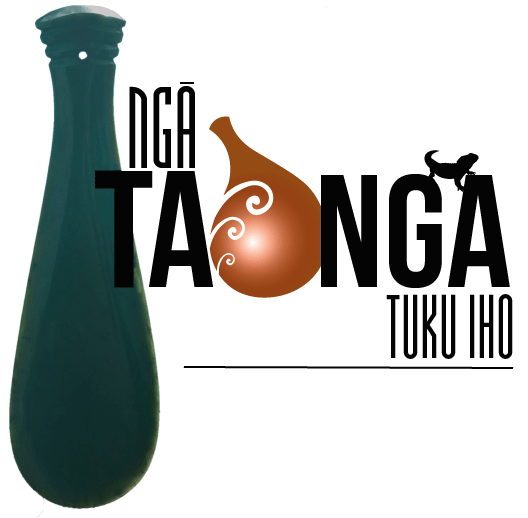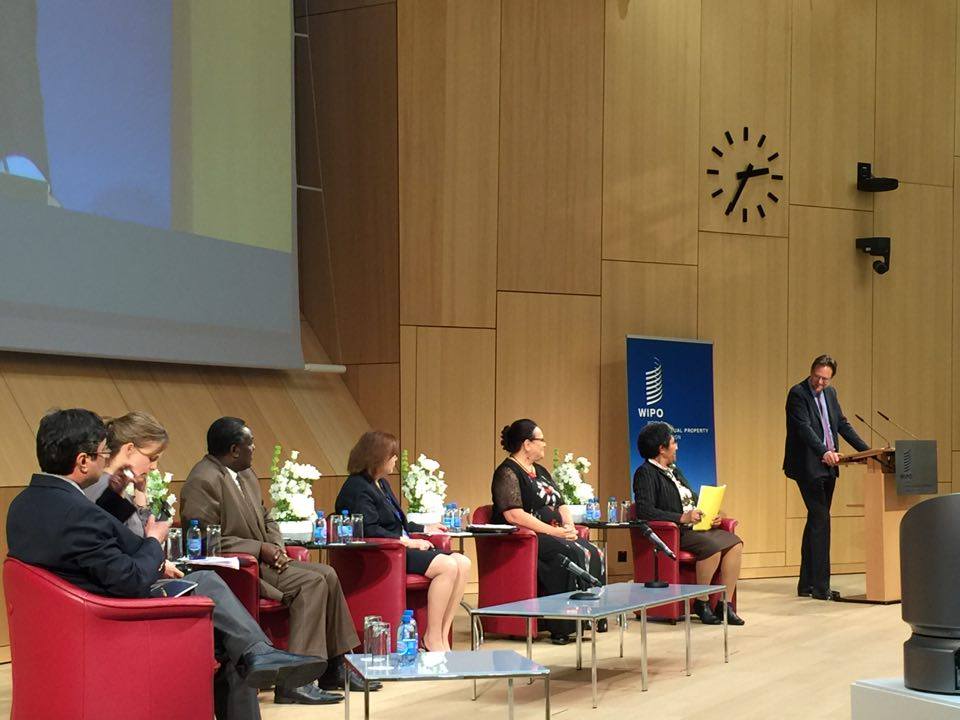Expressions of Interest
MĀORI CULTURAL AND INTELLECTUAL PROPERTY ISSUESNGĀ TAONGA TUKU IHO: OUR PAST, OUR FUTURE, OUR LEGACY
Expressions of interest have now closed (15 June 2018).
Those who submitted were notified July 2nd.
CALLING FOR EXPRESSIONS OF INTEREST TO PARTICIPATE AS A SPEAKER OR PANELLIST.
There are still a limited number of spaces available in the Conference programme for those with expertise and/or an interest in sharing relevant insights, analysis and initiatives. We’d like to hear from you if you have a specific topic you’d like to share.
In particular, we still have spaces for:
Panels
Workshops
Each panel will be of 60 minutes duration – no presentations but rather moderated discussion and debate with opportunities for questions from the audience. If you wish to contribute as a panellist please indicate your interest – specify which panel – provide 3-4 sentence biographical details and your contact details to the contact address below.
- Panel discussion 1 – Our Past: Cultural Misappropriation – what is it? When does copying cease to be flattering?
3 panellists - Panel discussion 2 – Our Past -Mānuka Honey – what happened? Could it happen again with other plants?
3 panellists - Panel discussion 3 – Our Future – Wai 262 – Ko Aotearoa Tenei. Does the Waitangi Tribunal’s report provide a blueprint for our future?
3 panellists - Panel discussion 4 – Our legacy – What do we want for future generations? Māori Advisory committees? National Commission? Sui generis Legislation?
3 panellists
There will be six workshops throughout the Conference, three running concurrently each day.
Each workshop will run for 90 minutes. We are seeking proposals to either present within a workshop or to convene a whole workshop of 5-6 speakers. Topics can include any of the issues included in the Mataatua Declaration on the Cultural & Intellectual Property Rights of Indigenous Peoples and the WAI262 claim with a focus on current initiatives, future planning and proposals to secure greater recognition of Māori customary rights.
We are particularly interested in initiatives dealing with protection and promotion of cultural expressions and the arts, protocols for taonga Māori collections and associated databases (human DNA, seed and germplasm banks, taonga Māori species, , examples of good practice in access and benefit sharing of Mātauranga Māori/indigenous knowledge and biodiversity, and new developments in Māori/iwi brands, impact of international processes on taonga Māori. We’d like to see a mix of Iwi/Māori business, government policy/legislation and relevant international developments.

